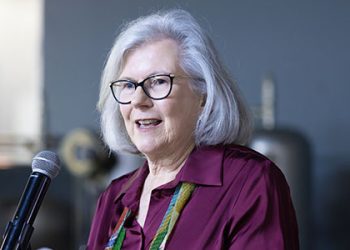Alex Rose-Innes
With the launch of the African Continental Free Trade Area (AfCFTA) earlier this year, it had become clear that the future of the continent would rely on innovation instead of industrialisation.
One month later, in April, South Africa (SA) launched an affiliate centre focussed on the Fourth Industrial Revolution (4IR) (https://www.weforum.org/agenda/2016/01/the-fourth-industrial-revolution) under the auspices of the Centre of the World Economic Forum (WEF). In support of this endeavour, the WEF Africa Growth Platform (https://africagrowthplatform.com/) was established to assist African innovation start-ups.
It is predicted that more than two billion people would inhabit the African continent by 2050 and by focussing on 4IR innovation, the continent is said to have the potential to become a globally recognised technology hug.
Especially the African youth had grasped the importance of and opportunities presented by the 4IR and cities across the continent are hosts to a plethora of innovative start-ups and technology parks. Successful entrepreneurial young innovators would become increasingly more in demand.

Two huge African youth innovation successes include the first billion dollar and African tech e-commerce start-up to be listed on the New York Stock Exchange and a mobile lending app which raised USD 170 million in a funding drive. Tech experts predict that the ability of the young population to stay hyper-connected would pave the way towards Africa’s digital future.
However, as highlighted in the World Economic Forum’s Readiness for the Future of Production Report 2018, of the 25 African countries which were assessed, 22 showed a low readiness level for the digital future. The report cited that in order to fully step into the 4IR, governments in Africa should ensure proper institutional frameworks, increase its ability to find and harness talent and create a global trade and investment portfolio with proven sustainable resources.
Key features of the 4IR, such as digitalisation, artificial intelligence, cloud computing, robotics and 3 printing would have obvious and important implications for education and employment, especially relevant to Africa.
The WEF, in its report on how Africa could succeed in the 4IR, stated that Africa’s under-20 population was projected to be the continent’s largest age cohort by 2070 and as such called for young people to be provided with the necessary tools in a digital economy. This view was shared by Dr Hanan Morsy, director of the African Development Bank (AfDB).
BLURB:
“Only when Africa can close these education gaps and set up its society for a digital overhaul, will it reap the benefits of new technologies.” – DrMorsy, AfDB







